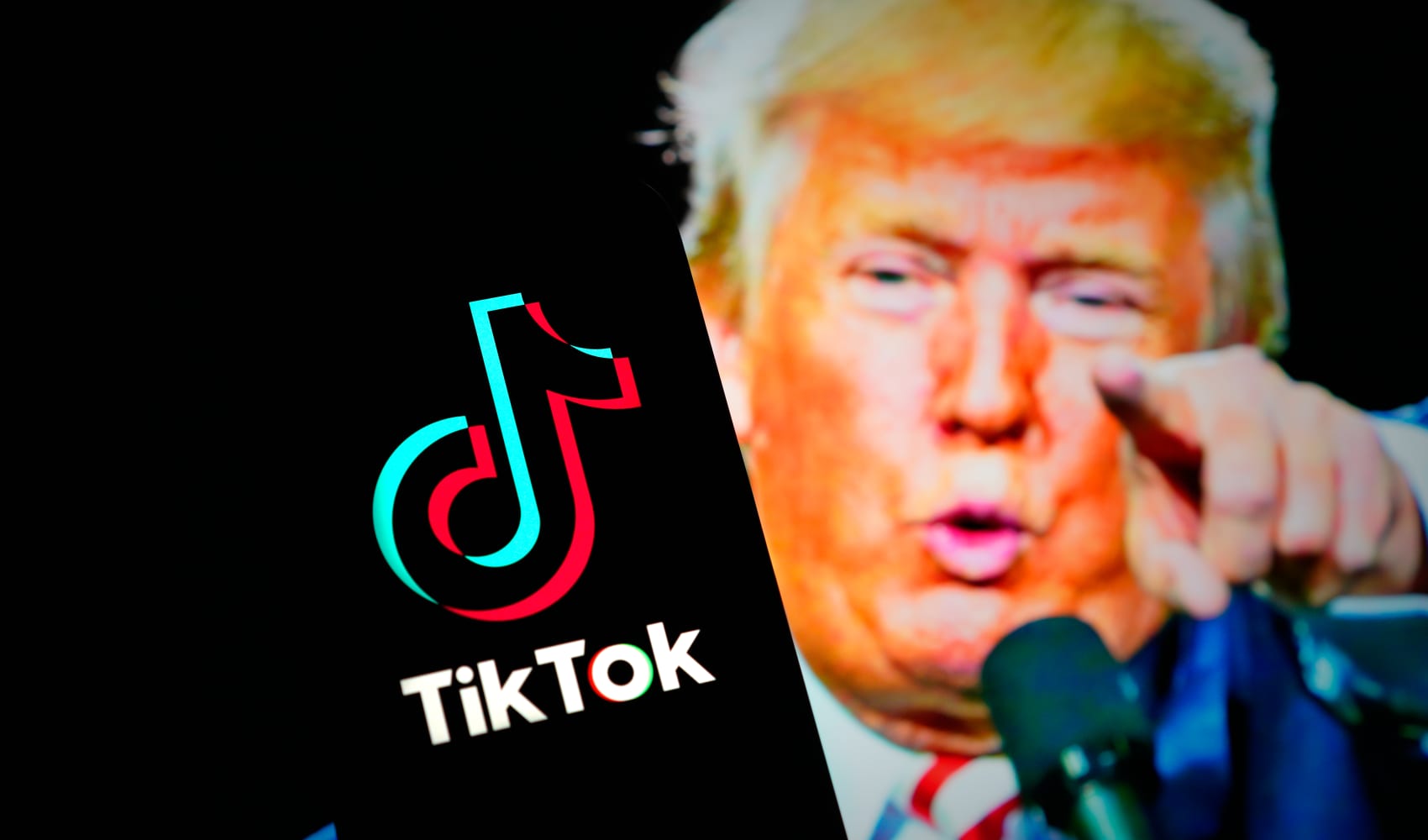
A vehicle carrying impeached South Korea President Yoon Suk Yeol (C) leaves the complex building housing the Corruption Investigation Office for High-ranking Officials (CIO) in Gwacheon on January 15, 2025. Impeached South Korean leader Yoon Suk Yeol was arrested on January 15 over his failed martial law bid, ending a weeks-long standoff with authorities and becoming the first sitting president to be detained in the nation’s history.
- Yoon is the first sitting president to be arrested in the country's history.
- This was the second bid to arrest the impeached president, following a failed attempt on Jan. 3.
- Over 3,000 police officers were reportedly involved in the second attempt to secure access to the presidential residence.
South Korean president Yoon Suk Yeol was arrested Wednesday by the country's Corruption Investigation Office for High Ranking officials, a first for a sitting South Korean leader.
Watch NBC6 free wherever you are
This was the second bid to arrest the impeached president, following a failed attempt on Jan.3 when agents from South Korea's Presidential Security Service had blocked investigators from entering Yoon's residence.
Unlike the first attempt, "this time, there were no individuals or security staff actively obstructing the execution, and there were no significant physical clashes," the CIO said.
Get local news you need to know to start your day with NBC 6's News Headlines newsletter.
About 3,000 police officers were involved in the second attempt to secure access to Yoon's compound, news agency Yonhap said.
South Korean media outlets also reported Yoon in a pre-recorded video said that "the law of the country has collapsed," and called the CIO's investigation "illegal." Yoon said he would appear before the CIO to "prevent an unpleasant bloodshed," according to a Google translation of the reports in Korean.

South Korean stocks had a muted reaction to the news, with the blue-chip Kospi up 0.21% and the small-cap Kosdaq down 0.44%.
Money Report
The won weakened slightly against the U.S. dollar, and was last trading at 1,459.75. Yield on 10-year benchmark South Korean bonds also rose.
The CIO had initially requested the arrest warrant after Yoon failed to turn up for questioning, which was granted on Dec. 31 by a Seoul district court. The warrant was then extended after it initially expired on Jan. 6.

Yoon faces possible charges of insurrection after his short-lived declaration of martial law on Dec. 3, a charge which is not subject to presidential immunity and carries the death penalty at maximum.
Yoon made a surprise late night broadcast and declared martial law last month, citing the need to protect the country from "North Korean communist forces" and "antistate forces." This was the first time martial law was declared in South Korea in over 40 years.
Lawmakers then managed to get past police barricades and voted down the declaration at the country's parliament, before filing impeachment motions against Yoon a few days later. Yoon was impeached on Dec. 14 and suspended from office.
South Korea's Constitutional Court has opened the impeachment trial on Jan. 14 against Yoon, but adjourned it to Jan. 16 after Yoon did not turn up.






